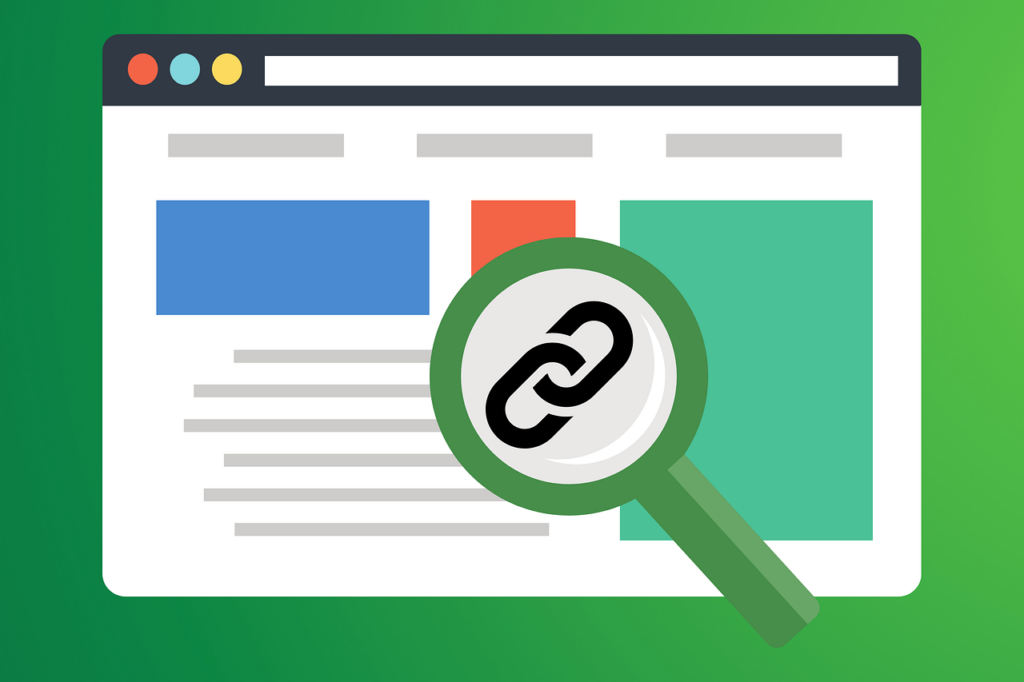By Juan Avellaneda-CDMP
Marketing has always been a critical aspect of any business, and in today’s digital age, it is more important than ever to have a strong online presence. However, for small businesses with limited resources, the prospect of digital marketing can be daunting. In this blog article, we will discuss some essential strategies for small businesses to effectively market themselves online.
- Identify your target audience
The first step in any successful marketing campaign is identifying your target audience. You need to understand who your ideal customer is, their interests, their behavior, and their online habits. This will help you tailor your marketing efforts and make them more effective. You can use tools like Google Analytics and social media analytics to gather data on your audience.

- Create a website
A website is a crucial element of any digital marketing strategy. It acts as a digital storefront and is often the first point of contact for potential customers. Your website should be visually appealing, easy to navigate, and provide all the necessary information about your business. You can use website builders like Wix, Squarespace, or WordPress to create a website without having to hire a professional designer.

- Optimize for search engines
Search engine optimization (SEO) is a crucial aspect of digital marketing. SEO refers to the techniques used to improve the visibility of your website on search engines like Google. You can optimize your website by using relevant keywords, creating high-quality content, and building backlinks. SEO takes time, but the benefits are long-term and can significantly increase your website’s traffic.

- Use social media
Social media is a powerful tool for small businesses to connect with their customers and reach a wider audience. You can use platforms like Facebook, Twitter, Instagram, and LinkedIn to create and share content, engage with your audience, and promote your products or services. It’s essential to choose the platforms that are most relevant to your business and use them consistently.

- Utilize email marketing
Email marketing is a cost-effective way to promote your business and maintain a relationship with your customers. You can use email marketing to send newsletters, promotional offers, and updates about your business. You can use email marketing tools like Mailchimp, Constant Contact, or Campaign Monitor to create and send emails to your subscribers.
- Invest in paid advertising
Paid advertising can help small businesses reach a wider audience and drive traffic to their website. You can use platforms like Google Ads, Facebook Ads, and Instagram Ads to create targeted ads that reach your ideal customers. Paid advertising can be costly, but it can generate a significant return on investment if done correctly.
- Monitor and analyze your results
The key to a successful digital marketing strategy is to monitor and analyze your results regularly. You need to track your website traffic, social media engagement, email open rates, and conversion rates. You can use tools like Google Analytics, Hootsuite, or Sprout Social to measure your performance and make necessary adjustments to your strategy.

In conclusion, digital marketing can be an effective way for small businesses to promote their products or services, connect with their customers, and compete with larger companies. By following the above strategies, small businesses can create a strong online presence and achieve their marketing goals. However, it’s important to remember that digital marketing is a continuous process, and it requires time, effort, and patience to see significant results.
Do you want to learn more? please visit us www.thetadconsulting.com

